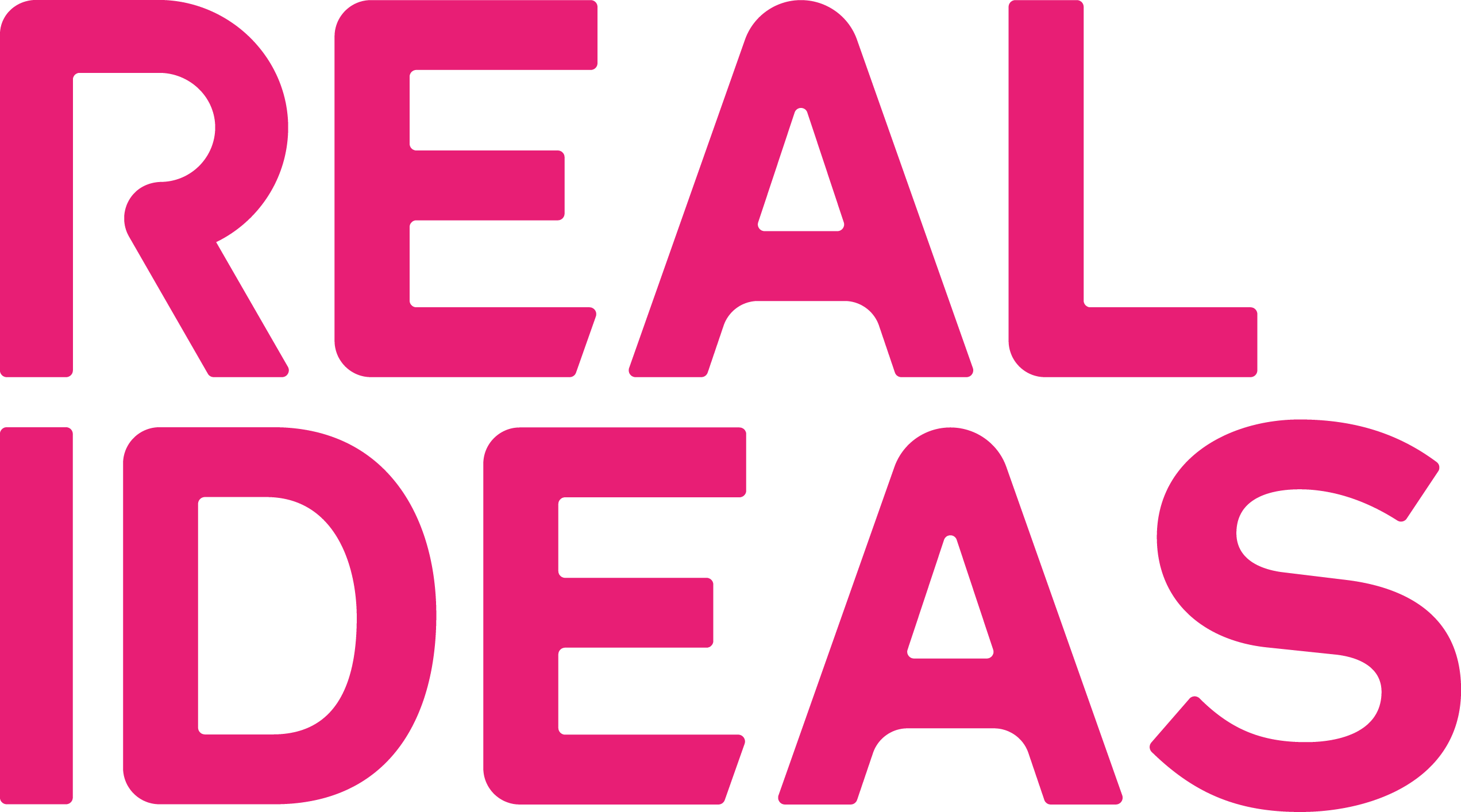Real Ideas Educating Differently Programme Lead, Gary Futcher shares his thoughts on results day and the conversation surrounding exams.
‘It’s 8 o’clock on Thursday 12 August. The headlines this morning: record GCSE results are expected after exams were cancelled in favour of teacher assessments for the second year running because of Covid-19…’
I may not have been a headteacher for 3 years now but this time each summer I can’t help but tune in to the inevitable ‘too hard, too easy, inequality gaps growing, jumps for joy, tears of despair’ annual exam furore – this year with added covid turmoil.
In each of those post-teaching years I’ve written something for Real Ideas, drawing on the media’s focus and my own 20-plus years of secondary school teaching. And, increasingly, I’ve felt like something of a Stockholm Syndrome survivor, looking back and looking in from a relative distance on a system that just doesn’t ever seem right and that I was, I guess, an apologist for and was complicit in for years: yes, the thinking went, it’s not a great system but it’s the best we’ve got and the fairest under the circumstances and I’m doing my best for my students pitched against something imposed from above and that I have no control over. I’ve paced the floor outside exam rooms waiting for them to be over to check on students and to pore over the papers to see how they were; I’ve fretted over the impending results; I’ve microscopically interrogated grade boundaries in case they have shifted and impacted on outcomes; I’ve celebrated with and consoled, bemoaned and appealed and….then geared up and started all over again working in and chafing against the system.
And here I sit once again on an August Thursday listening to the news and, despite the Covid flavouring, really nothing has changed and, judging by the mood music, nothing is likely to.
Earlier this week, as reported by the Times Educational Supplement, Simon Lebus from Ofqual – which oversees exams in England – gave cause for hope saying teacher assessment gives a ‘much more accurate reflection’ of what students can achieve because it ‘allows teachers to observe student performance over a much longer period, in a rather more complex way, taking into account lots of different pieces of work and arriving at a holistic judgment.’
He went on to say, ‘I think, from that point of view, we can feel satisfied that it’s likely to give a much more accurate and substantial reflection of what their students are capable of achieving.’
Despite this recognition that this year we have a truer picture of young people’s achievements in the round, when asked by BBC Radio 4’s Today programme what steps he’d taken to avoid claims of grade inflation, Gavin Williamson, the Education Secretary said, ‘we’ve already set out…our moves to move back to examination as the form of assessment.’
And, as I type, Schools’ Minister Nick Gibb has been clear on the radio that ‘exams are the fairest way of assessing young people. We do want to get back to exams, we will be getting back to exams in 2022 because they are simply the fairest way of judging a young person’s attainment.’
So, despite Covid pointing up the inadequacies of our terminal exams system, the attainment gap growing, an obsession with grade inflation and a process that bakes in inequality and failure at GCSE with a third of students always destined to ‘fail’ we’re likely to scuttle back to it as quickly as we can.
Because it’s ‘fair’. And because, according to the BBC’s Branwyn Jeffreys this morning, it was only overhauled relatively recently to make it more academic, rigorous, and knowledge based to, supposedly, gives pupils, employers and universities confidence in the qualifications.
And yet, from where I sit now, outside the system, I see so many failed by and disgruntled with this approach who would say it’s anything but fair – young people, employers, educators who see how it exacerbates inequality, narrows horizons and seems to prepare young people for a past that has been and gone rather than the future that is coming.
That’s why the education work we do at Real Ideas matters. Because it recognises the gaps and the difference and supports educators to help young people to find their way, most often alongside – but sometimes despite of – those formal structures. That means supporting the place of the 4Cs (creativity, community, culture, connection) in the curriculum, advocating for digital skills and literacy, delivering creative careers ‘take over’ days, or working one-to-one with young people through the GameChanger programme to support their progressions into work, training or further education.
And, considering that holistic, accurate and rounded recognition of what people can do, promoting digital badges as a really simple way of recognising all the different activities, skills and attributes way beyond the narrow frame of exam results, that really show the whole person.
We are, if you like, passionately but pragmatically setting about doing education differently.

